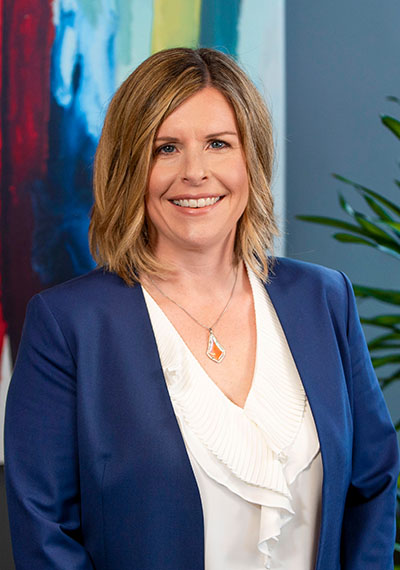Have you thought about including any personal financial goals on your New Year’s resolution list? If so, the first step is to establish realistic short and long-term financial objectives, such as saving for a new house, putting more aside for retirement, educating your children/grandchildren, or paying off debt.
Here are several financial fitness suggestions to consider implementing during 2018:
Set up a “systematic spending plan”
Manage your expenses by using programs such as Mint.com or Quicken. Having a realistic budget in place is key to becoming financially successful. Knowing where your money is going and setting limits on where you spend is the most important step to financial peace of mind. (If you are married, you and your spouse both need to participate in this exercise.)
Reduce consumer debt
Vow to retire the most expensive debt as quickly as possible. First make a list of all of your loan balances and the corresponding interest rates. Attack the highest interest rate debt first. Consider using savings that are earning next to nothing to pay off the highest interest rate credit cards, student loans or other consumer loans. Once the debts are paid, use the cash flow that was allocated to paying debt to build up your savings again. Vow not to charge anything on a credit card that you cannot pay for in full when the credit card bill arrives next month!
Pay bills online
Sign up for online banking that allows you to manage your bill payments and schedule automatic payments. This ensures your bills will be paid in a timely manner and keeps your credit rating intact.
Participate in employer-sponsored retirement plans
By keeping debt under control and staying within your budget, you can afford to defer some of your wages into a tax-sheltered retirement plan such as a 401(k) or 403(b) plan. Vow to contribute at least enough to obtain the maximum matching amount from your employer. Resolve to continue saving until the day you retire.
Save for rainy day
Financial advisors recommend having a minimum of three months of living expenses in a money market or savings account. Once you have accomplished this, with as little as $50 per month, you can set up automatic withdrawals from your bank account and dollar cost average into a no load mutual fund company each month.
Close unused financial accounts
By closing credit card and checking accounts that aren’t being used, you can reduce fees and the risk of ID theft. Dormant account charges can add up and unwatched accounts can be targeted by ID thieves. List all of the open accounts you currently have to determine which aren’t necessary to maintain any longer.
Save for a child’s education
Look into a 529 education savings plan. Many 529 plans allow folks to initiate an account with as little as $25. Check the Saving for College website (www.savingforcollege.com) to get details about your state plan. The appreciation and future withdrawals for qualified education costs of the beneficiary are exempt from taxes.
Review your estate plan
Make sure your will, trust, advance medical directive and powers of attorney are current and reflect your wishes.
Review your insurance
Do you have the right amounts and types of coverage? What happens to premiums if you increase deductible limits? Are there risks to which you are exposed that need to be addressed by insurance? Are the named beneficiaries correct?
Become better educated about money and finances
Consider reading one book or magazine a month on money and finances; you will find informative blog posts on a variety of financial topics on CCMI’s blog.
Employment benefits
Resolve to delve into your employment benefits so you understand them thoroughly and make sure your spouse/family/significant other understands them, too.
By focusing on just one of the above areas, you can become a bit more financially fit this year. Of course, if you have questions about ways to improve your financial fitness in 2018, feel free to contact one of the fee-only planners at CCMI.
In closing, remember to aim for balance in your life this year. Take time to cultivate an attitude of gratitude for what you have and be kind to yourself!
Happy New Year from the CCMI Team!
CCMI provides personalized fee-only financial planning and investment management services to business owners, professionals, individuals and families in San Diego and throughout the country. CCMI has a team of CERTIFIED FINANCIAL PLANNERTM professionals who act as fiduciaries, which means our clients’ interests always come first.
How can we help you?






